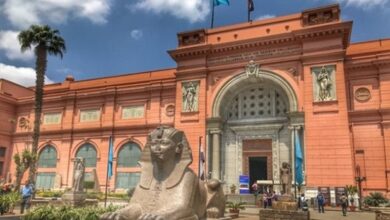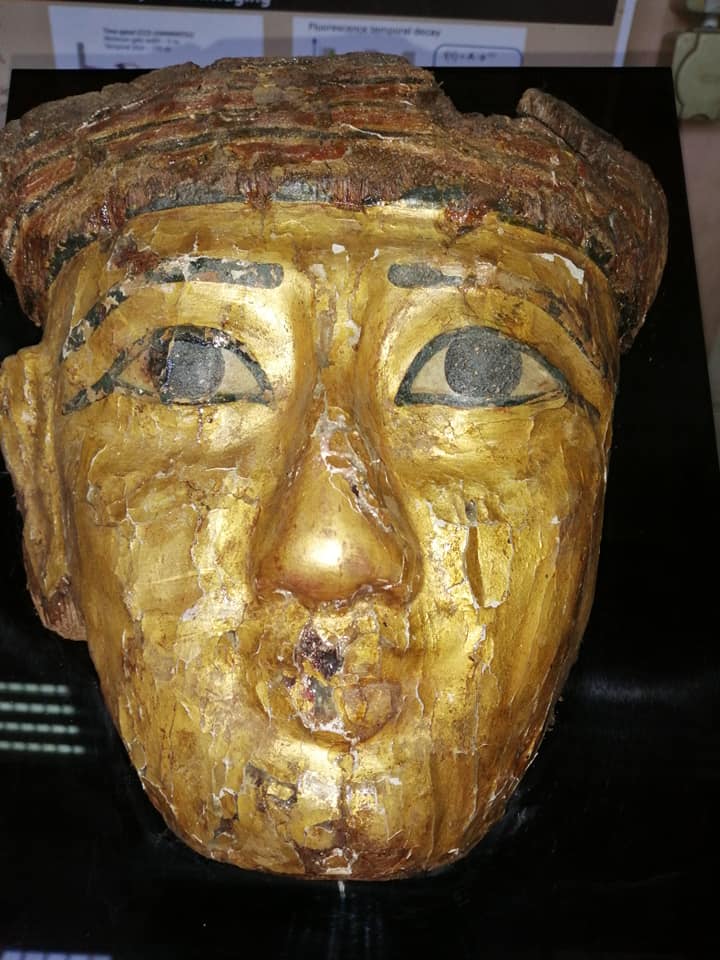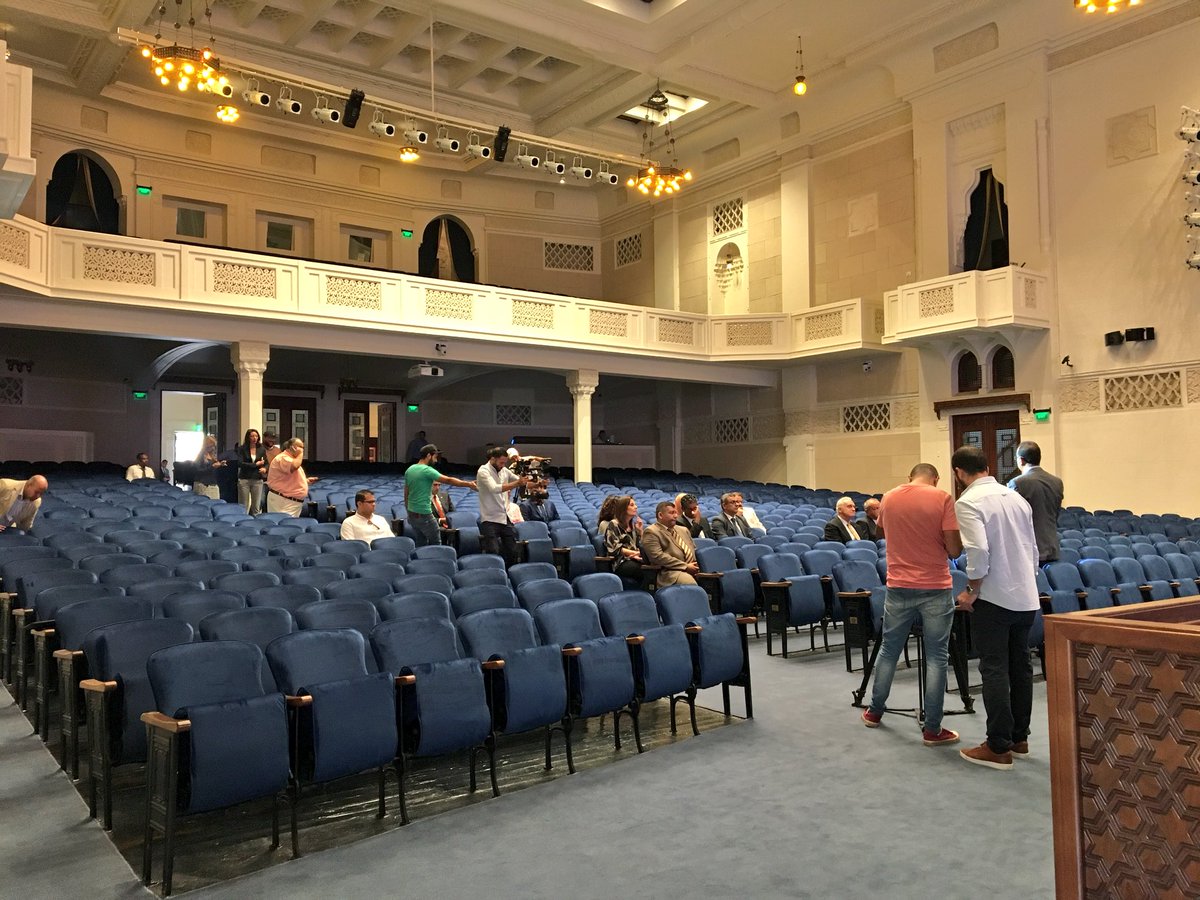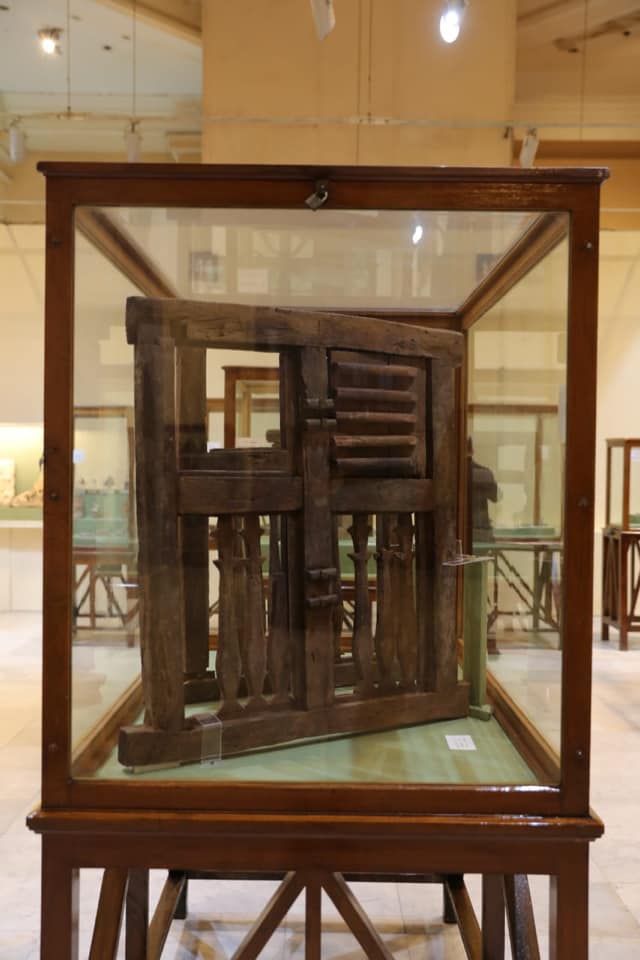In the absence of “obvious” front page news, every paper resorts back to its ideological hue to decide what to highlight.
Both the major state-run papers, Al-Ahram and Al-Akhbar, are the only two papers to highlight, as front-page news, Field Marshal Hussein Tantawi’s attendance at two Military Academy graduation ceremonies. “Graduates' families received Field Marshal Tantawi with cheers for the armed forces and the role they are playing in maintaining the peace and security of the country,” Al-Ahram headlines.
Al-Akhbar posts a draft law governing parliament. It says half of parliamentary seats will be list-based in accordance with party, with the other half directly voted upon by the people. Districts will individually decide to adhere to one of the two systems.
High school students took their last exams on Saturday and expect to receive their results on Tuesday. One of the last questions asked was what would happen if the current government fails to create economic stability, according to independent daily Al-Shorouk.
Women of the Muslim Brotherhood – “the sisters” – organized their first public conference after working underground for the past 60 years, according to independent daily Al-Dostour. Participants want a more central role in the group. According to Al-Akhbar, they demand a role in the Brotherhood's Guidance Bureau, which leads the group.
Brotherhood Supreme Guide Mohamed Badie gave the conference his blessing, saying “women protected the revolution.”
Al-Shorouk comments on Hillary Clinton’s claim that the US is in talks with the Brotherhood, and questions whether the statement represents a precursor to the group's ascension to power. In an interview with Al-Shorouk, prominent Brotherhood leader Mohamed al-Beltagy claims the group did not attempt to contact the US before or after the revolution. He says the US was the former regime's main protector internationally.
While Al-Shorouk reports analysts' views of the meetings, Al-Ahram reports on a general distrust and apprehension of them.
Al-Shorouk features a front-page headline in large red font: “A secret organization organizes thugs of the counter revolution.” According to an unnamed security source, police are uncovering groups of thugs and in Suez managed to abort an attempt to clear a sit-in last Friday. The source, as well as Ahmed al-Keilany, representative of the National Association for Change in Suez, believe that some gangs in Suez sent ruffians to Cairo as early as last week to participate in the Balloon Theatre clashes.
A planned sit-in in response to the clashes is postponed until next week’s 8 July sit-in, according to liberal daily Al-Wafd. Al-Dostour reports that Islamic groups have announced their refusal to join in.
In other “sit-in” news, the Unified Coalition of Professors for the Freedom of Universities began sit-ins on Sunday to call for the removal of all Mubarak-era appointed government university heads, according to Al-Dostour. Some professors indicated that they may not be handing in student results from this year if their demands are not met.
Al-Shorouk features opinion columns on the recent budget. Wael Gamal, its managing editor, criticizes the "either/or" approach to the budget: that it must be either an austerity budget without loans, or one with loans and business incentives. He supports other options, which include shifting tax burdens onto the rich. Ibrahim al-Essay, an economics professor, writes that the budget is unsuitable given the demands of Egypt's recent revolution. One solution to solving the budget problem, he says, would be to locate the LE900 million that Auditors Against Corruption say the Central Auditing Organization keeps hidden in private funds.
Abdel Shakoor Shaalan, Arab representative to the IMF, says the IMF did not encourage Egypt to reject the its proposed loans, according to Al-Wafd. Al-Ahram says the IMF was shocked to learn the extent of corruption in Egypt during Mubarak’s time in power.
Al-Ahram: Daily, state-run, largest distribution in Egypt
Al-Akhbar: Daily, state-run, second to Al-Ahram in institutional size
Al-Gomhurriya: Daily, state-run
Rose al-Youssef: Daily, state-run
Al-Dostour: Daily, privately owned
Al-Shorouk: Daily, privately owned
Al-Wafd: Daily, published by the liberal Wafd Party
Al-Arabi: Weekly, published by the Arab Nasserist party
Youm7: Weekly, privately owned




